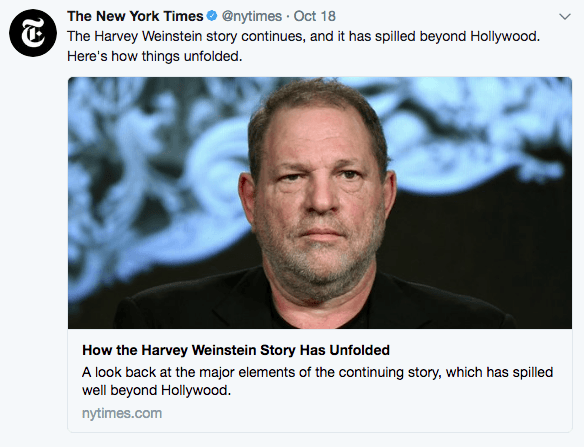By Sierra Goodman
Local reporters, Tiffany Eckert, Justina Roberts and Amber Wilmarth, were on our media relations panel at our Nov. 1 chapter meeting. The three answered questions and informed members about relationships with public relations professionals and reporters.
Public relations professionals and reporters have a symbiotic relationship. Public relations professionals provide reporters with newsworthy stories and reporters provide PR professionals a platform to tell those stories. The key is to maintain the relationship on both a professional and personal level. Similar to any other relationship it requires mutual respect, communication and trust. Here are nine ways PR professionals can foster positive relationship with journalists:
1. Use the 5 W format
Journalists live on fast-paced schedule which means they need to know the who, what, when, where and why in a concise manner. Introduce yourself in a short and simple sentence. The pitch should be about a paragraph long to give enough detail about what you are pitching and why it’s important to the reporter and public as well. The ability to write concisely is a skill learned with practice so don’t beat yourself up if it takes an hour or more to write a paragraph.
2. Text
In the past, it would be deemed inappropriate and unprofessional to resort to texting a reporter instead of calling or emailing. Texting is becoming a more efficient means of communication as reporters don’t have time to go through emails all the time and they are always on the go. Just make sure you have met or talked with the reporter at least once.
“I think that the most important part of PR is communication; communicate well, communicate distinctly, communicate visually.”
-Tiffany Eckert
3. Initiate and maintain
Yes, we are in the year 2017 where apparently texting between professionals is now acceptable. However, it is still necessary to communicate in-person as well and introduce yourself. It is important to do so whenever the chance is given and to make an effort to make those chances possible. As Gossip Girl would say, “Remember public relations rule number one: your value is your social network.” Building these unique relationships develops overtime, there’s a number of angles to go about maintaining them. This can be anything from complementing them on a recent article they published to going out for a cup of coffee to discuss an impending exclusive. It all depends on where you’re at in the relationship.
4. Keep an exclusive, exclusive
One day in your PR career, you may be given the opportunity to give an exclusive news story to your favorite reporter. If you tell them it is exclusive, stick to your word and only share this information with them. Trust is lost if you tell multiple reporters you have an exclusive story.
5. Be crystal clear about an embargo
Following up on the last statement, be sure to make it clear when a story is an embargo. In this case, the term embargo is described as an agreement between a PR professional and reporter that information given will not be released until the time stated. It’s easy to misunderstand unless it is explicitly said the story is not to be released until the given date.
“What is the most important 15 seconds I could tell this reporter?”
-Justina Roberts
6. Be available
There is nothing more annoying to a reporter than getting an interesting press release only to find out the contact is unavailable for further details. This forces them to move on to the next story making the day harder for both of you. If they are not able to rely on you for a quick response it can severe sever the relationship. Most reporters understand that PR professionals have a busy life too and may not be able to respond immediately. In this scenario, it is important to at least acknowledge that you have received the reporter’s message and let them know when you will be able to get back to them.
7. Get your story in before 8-10 a.m.
Before the day officially starts, reporters meet with the news team between 8-10 a.m. During this time, they are preparing stories for the rest of the day. If you want a reporter to pitch your timely story at the morning meeting, be sure to contact them BEFORE 8 a.m. If you contact a reporter after their morning meeting, the news agenda is set, your story will not be able to be fit in and it is old news by tomorrow.
8. Give plenty of lead time
Although reporters learn to live in a fast-paced environment, letting them know information a few days to a week in advance allows them to take a breather, even if only for a second. This step is important in maintaining a good relationship with the select journalist. No one wants to be working against the clock if they don’t have to.
9. Don’t pitch an advertisement
This part will take some time to master but it’s an important one. In order to not sound like an advertisement, a pitch requires some humanity. Remember to mention how what you are pitching effects the audience who watches the news. At the end of the day it’s one human speaking to another.







 .
.






